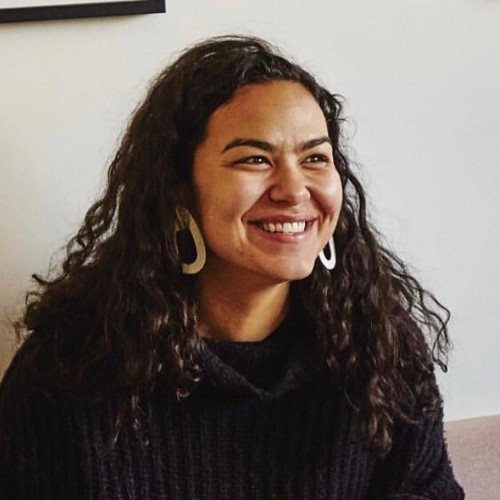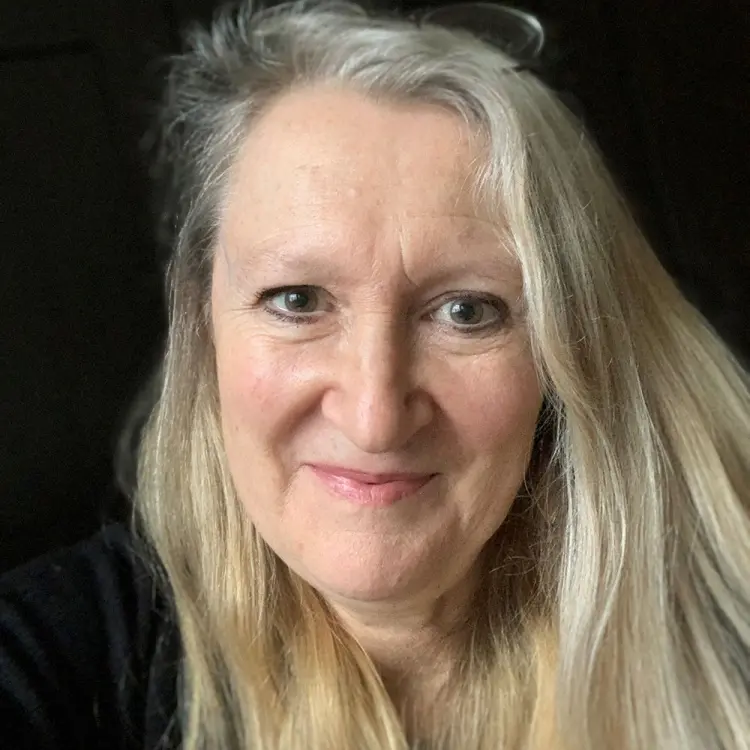 Aida Conroy, Educator
Aida Conroy, Educator
Aida graduated from Phillips Exeter Academy in 2009. After graduating from Columbia University she joined Teach for America in her hometown of Chicago. Aida taught English and History at the Noble Academy, a Harkness-based public charter school in Chicago, for four years. There she created the curriculum that supported 9th grade students as they transitioned to Harkness learning. She was the inaugural Internal Harkness Mentor responsible for coaching and supporting 9-12th grade teachers as they implemented Harkness in their classrooms across disciples. Since 2019 she has worked with districts and states to improve outcomes for students as an advisor and facilitator of adult learning. She is now the Senior Director of Teaching and Learning at Panorama Education. In her presentation, Harkness is Not a One Time Event, Aida Conroy will share reflections on using the Harkness pedagogy in public schools. This talk will share concrete strategies for teachers and administrators seeking to embed Harkness into their classroom or their school. Attendees will leave with a Harkness 101 toolkit with embedded resources from across disciplines.

 Katherine Hernandez, Institute Director
Katherine Hernandez, Institute Director Summer Morrill, Leader
Summer Morrill, Leader Tina Grotzer, Principal Research Scientist
Tina Grotzer, Principal Research Scientist